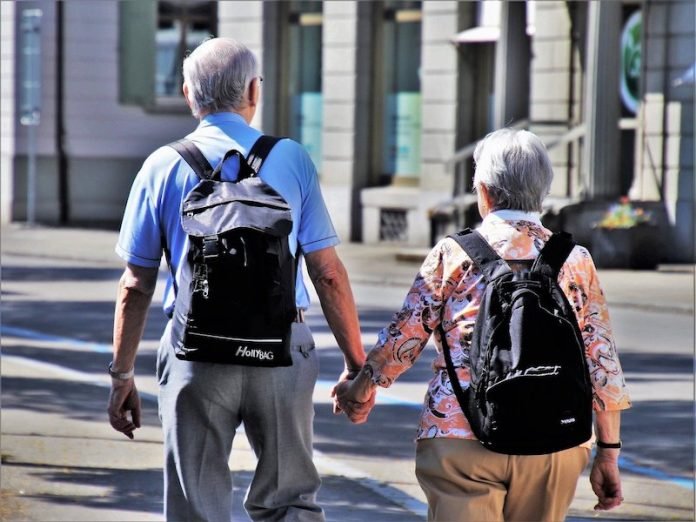
A recent study published in JAMA Network Open showed that the nervous system plays an important role in age-related weakness.
Researchers found that physical weakness in aging may be due, at least in part, to impairments in brain and nerve function, rather than changes in the muscles themselves.
The study is from Ohio University and elsewhere. One author is Brian Clark, Ph.D.
In the study, the team tested a group of 66 older adults (average age in their 70s), who were first categorized as severely weak, modestly weak or strong.
The people were asked to push against resistance with their leg extensor muscles, using as much strength as they could generate.
When they reached their self-perceived limit, the muscle they were using was then stimulated electrically.
The team found when the added force that came from electrical stimulation was expressed as a percentage increment, it showed that the weaker the test people, the larger a boost their muscles got.
The people in the “severely weak” group (who were on average older) got an increase of 14.2%—twice the 7.1% increase shown by those in the “strong” group.
The team says if this caused the muscle to put out more force, it was a sign that the strength limitation the person experienced came from somewhere other than the muscle itself.
The study showed confirmatory evidence that the nervous system is a key culprit in weakness.
The findings have implications for addressing the age-related loss of muscle strength, which can seriously reduce seniors’ mobility
It provides further evidence that the nervous system plays a big role in the problem.
Copyright © 2021 Knowridge Science Report. All rights reserved.



